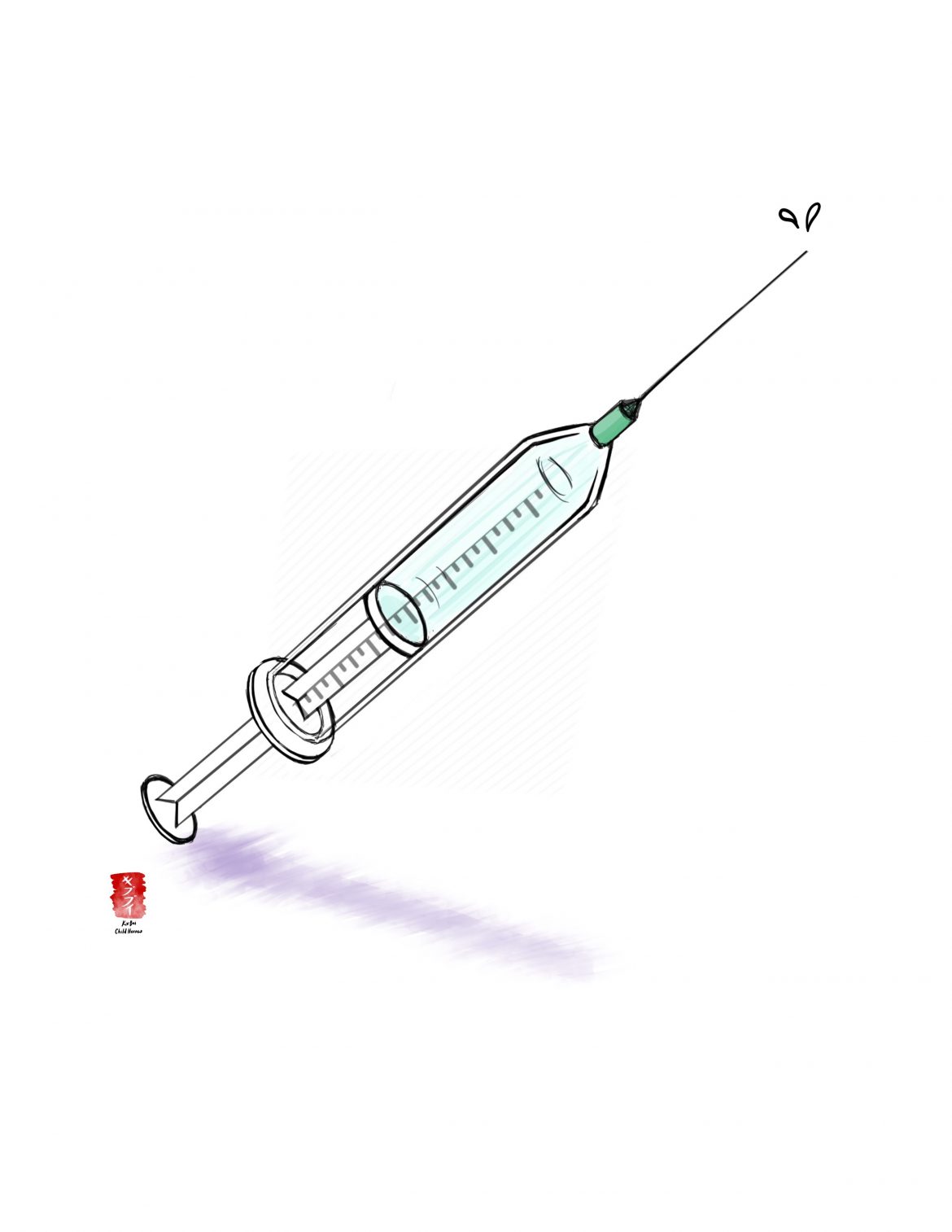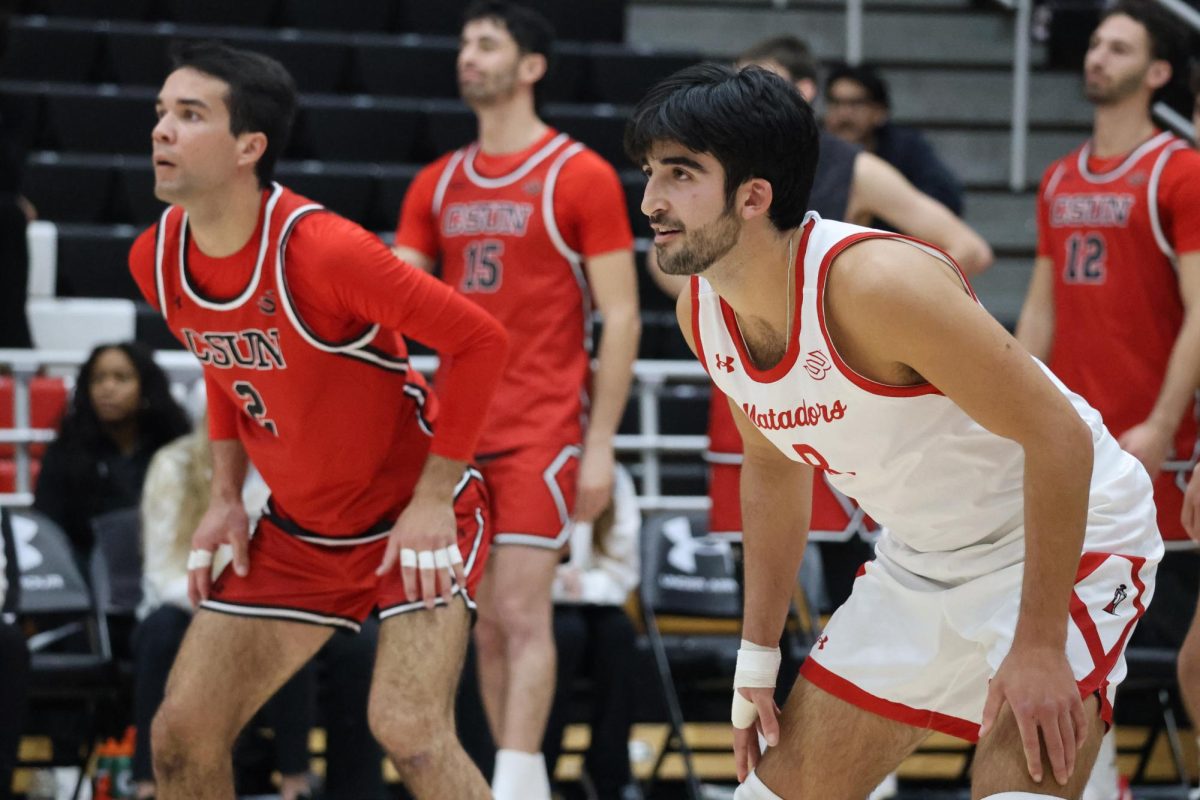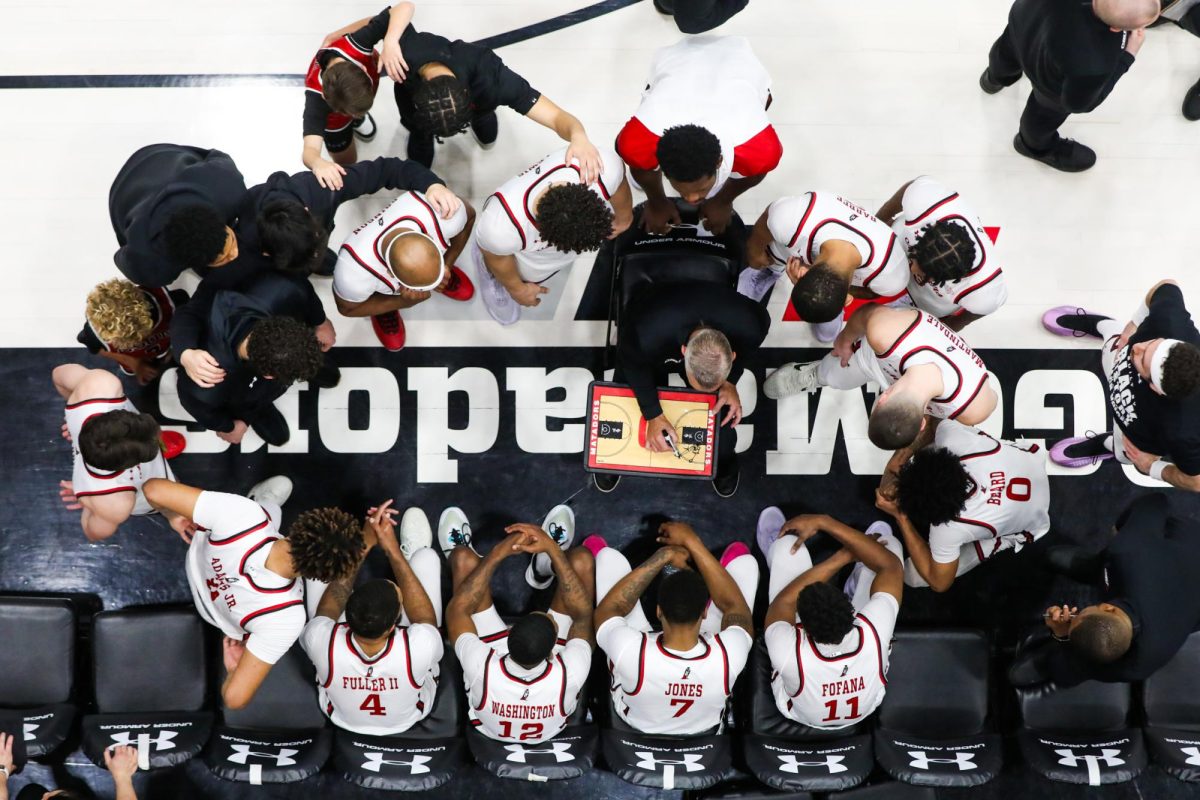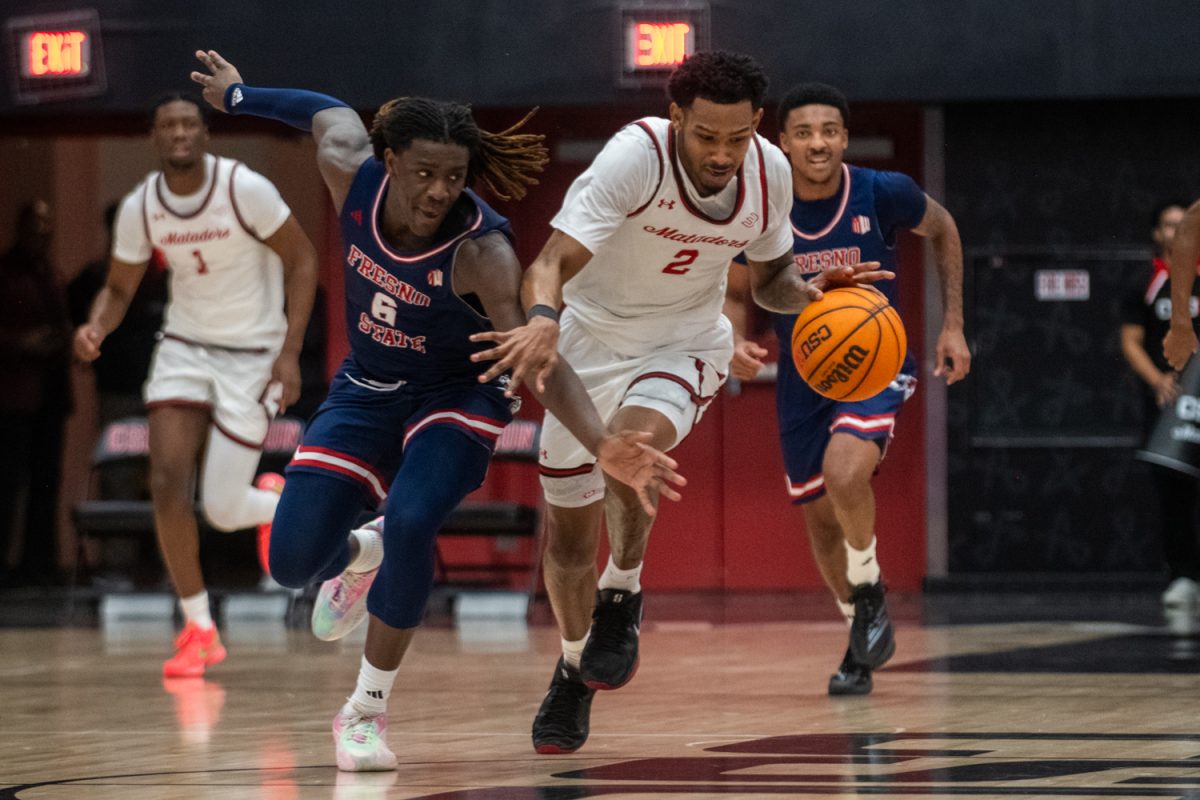A new study in JAMA Oncology shows that nearly half of all men in the U.S. have some type of human papillomavirus infection.
HPV is a common sexually transmitted infection that is a major cause of several types of cancer. Many studies have been done on women and HPV because the virus is the primary cause of nearly every case of cervical cancer in the U.S, according to the JAMA Oncology study.
Health experts have recommended that girls get vaccinated against HPV since 2006. However, the recommendation for boys to get vaccinated did not begin until 2011.
Liam Miller, public health major, explained that he was hesitant to get the vaccine because it had mainly been targeted towards females.
“I didn’t know that HPV was something that I should be concerned about until I was 16,” Miller said. “I knew girls had to get vaccinated, but I figured it was mainly to avoid the risk of cervical cancer.”
Even though experts recommend boys to get vaccinated the study shows that only a small percentage actually do.
William Diaz, public health major, said he mainly got the vaccine because his job required it.
“I was hired at a new job in 2012,” Diaz said. “At that job they made me get all my vaccines which included the one for HPV. I didn’t know how much it would benefit me at the time. I would definitely recommend that all guys get it.”
The study suggests that getting vaccinated may prevent cancer.
HPV infects skin cells and mucous membranes around the mouth, throat, genitals and anus. The virus can cause skin warts and several types of cancer.
Mercedes Gallup, Nursing and Clinical Support Supervisor for the Klotz Student Health Center explained that in most cases HPV causes no symptoms.
“Most infections will clear on their own and not cause any problems,” Gallup said. “When HPV does not go away it can cause health problems like genital warts and cancer.
Researchers have found more than 100 strains of the virus, but only around 18 have been linked to cancer. High risk strains are those that can cause cancer. Low risk strains are the type that can clear up without being noticed.
According to the CDC, Centers for Disease Control and Prevention, HPV vaccine is recommended for women through age 26, and men through age 21.
The vaccine is also recommended for men that may have sexual intercourse with men through age 26.
A person can get HPV even if their partner shows no signs or symptoms of an HPV infection.
Vaccines can have possible side effects. Most people who get vaccine do not experience side effects, but some do report mild muscle or joint pain in the arm where the shot was given.
Not getting the vaccine leaves people vulnerable to HPV and related cancers, especially when they are sexually active.
“HPV vaccine is available at the Klotz Student Health Center,” Gallup said. “It is the series of three injections.”
The study showed that a large percent of men will contract HPV during their lifetime, and that the prevalence of HPV increases with age.
“When you make an appointment regarding the HPV vaccine, you’ll either speak with a nurse or a provider about your risks,” Gallup said.
For more information regarding HPV, students can speak to their health care provider or visit the Klotz Student Health Center on campus.


















